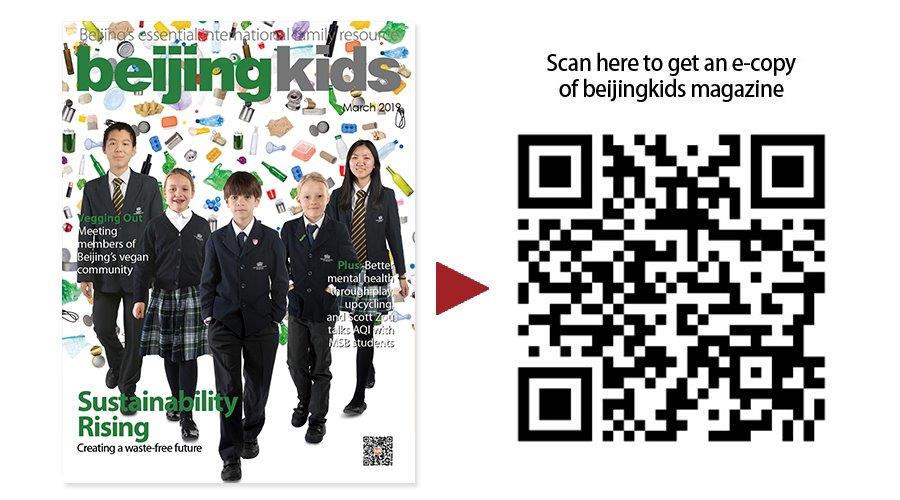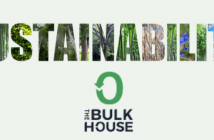Back in Toronto, I used to be a member of a local grocery co-op. It was a cute little shop hidden in the “hutongs” of the Annex district, mostly known through word-of-mouth. I loved this little treasure. Shopping there made me feel part of a movement for environmentalism, community and sustainability.
Then I moved to China, the land where recycling isn’t even built into the municipal infrastructure in a way that makes the consumer responsible (or liable) for their own waste. Watching the elderly dig through the garbage bins for sellable items, I often think wistfully of the “blue boxes” of my home city.
But China brought changes to my life far beyond the reaches of environmental practices: marriage, kids, expanded career, and divorce. My kids are now seven and five. The older they get the more the “days before kids” get a mythological, dream-like quality in my mind and this makes me a bit misty about that Toronto co-op—the days of an iron-hard conviction that conscious consumerism was the only way to make a statement. Money talks: stop buying wastefully and companies will no longer profit from unsustainable practices, right?
Now I understand that it isn’t just the companies’ fault; it’s the public’s own general apathy. Most people just don’t want to consider something as mundane as waste or how individual contributions towards a greener world make any kind of difference. I’ve heard this called willful ambivalence.
And, in a way, I feel guilty of this. Formerly rigid convictions became more malleable since kids. Like, I couldn’t keep them in reusable cloth diapers for long flights; I’ve winced but still purchased toys in packaging more dense than the toy itself; and, just recently, I mistakenly bought a large amount of pecans off Taobao that showed up as a big bag filled with dozens of little portion-packaged bags inside—a colossal waste of plastic.
It’s a sad truth that becoming a parent has sometimes meant living less sustainably rather than the other way around. They’re the future! They should make me all the more rigid, no? But fellow parents reading this will understand how difficult perfect adherence to all convictions can be when kids come along. In response, I’ve learned to appreciate what I can do rather than blaming myself for my failures.
So what’s the current focus? Teaching my kids these vital values so we can implement them as a team. We buy our fresh veggies from a family who sells at our compound entrance but has a farm on the edge of Beijing; that’s buying local. We grow herbs indoors; that’s homegrown organic farming. We keep an old egg carton that holds 18 eggs and buy loose eggs (in reused plastic bags); that’s waste reduction. We save our washing machine water for flushing the toilet; that’s water conservation. These may seem like little things, but they’ll remember.
Maybe I’m not always conscious of what’s happening in the forests of Tasmania anymore, but the inner community dynamics of my compound’s courtyard is clear. And despite being expats, we’re just as much a part of this intimate community as anyone else is. For me, raising little people in a way that makes the world a better place—even the small world of one Beijing apartment compound—has replaced conscious consumerism in my mind as the most powerful statement. I’m going to go on to say that parenting through the lens of sustainable living is probably the ultimate definition of “co-op.” And, happily, in this one, I’ll forever be a member.
 About the Writer
About the Writer
Ember Swift is a Canadian musician and writer who has been living in Beijing since late 2008. She has a daughter called Echo (国如一) and a son called Topaz or “Paz” (国世龙).

This article first appeared in the beijingkids March 2019 Sustainability issue.
Photo: Adobe Creative Cloud




